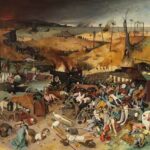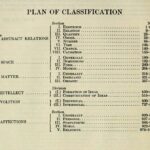![]()
SAYS WIKI: Benjamin Robertson “Ben” Harney was an American songwriter, entertainer, and pioneer of ragtime music. His 1895 composition “You’ve Been a Good Old Wagon but You Done Broke Down” is regarded as among the earliest, if not the earliest, ragtime composition. Though now probably more associated with Scott Joplin, in 1924 the New York Times wrote that Ben Harney “probably did more to popularize ragtime than any other person.”Time Magazine termed him “Ragtime’s Father” in 1938.
Max Morath, an authority on turn-of-the-century American song, as well as instrumental ragtime, considers certain songs of the 1890’s to be the most significant breakthroughs in “ American” non-hack writing. And they’re all by Ben Harney. The first of these is You’ve Been A Good O’ld Wagon, But You’ve Done Broke Down, copyrighted in 1895, but written at least a year earlier. Although it would be printed in 4/4 time today, it is shown in 2/4 in earlier copies provided by Mr. Morath.
It is comprised of a verse (not so marked), a chorus, and a “ dance.” In the sung portions of the song there are, amazingly, only two chords, tonic and dominant. Were one to have arranged this song at any time alter 1920, or to have printed a new piano copy, the harmony would have been much less spartan. And it is my conviction that Mr. Harney himself never played the song with only the tonic and dominant chords. For the melody almost begs for more harmony.
The verse is fourteen measures, the chorus twenty-eight, and the “ dance” forty. The most interesting phrases in the chorus are repetitions of the verse.
One shouldn’t look for any extraordinary innovations. Rather should it be kept in mind that for its time it was far from the typical pop song. And it is unfortunate that one cannot hear a recording of it by Harney. For undoubtedly it would reveal that the printed copy is an almost totally emasculated “ whitening” of the original. Surely, the melody suggests a much more swinging piano part than was published.
Ben Harney played ragtime like white people played it.” He managed to get his songs publislied as well as widely performed. He was assumed by white people to be white. And though he died in a Philadelphia Black ghetto, the fact that he was black has never been publicly stated, possibly out of a traditional concern for his surviving relatives. Harney had no children.







